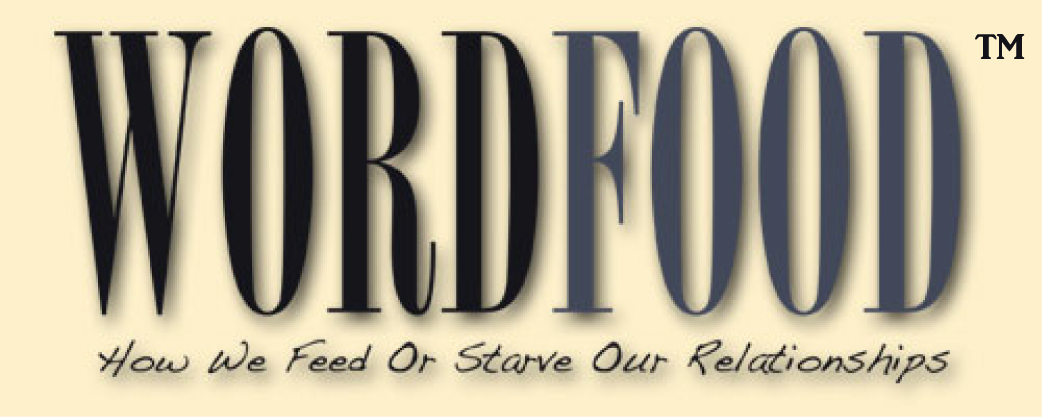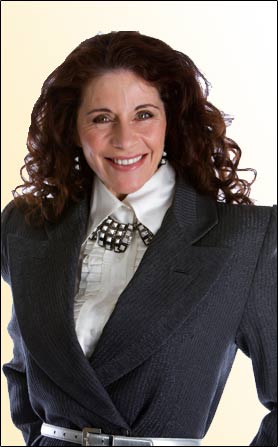The old man was struggling up the breezeway ahead of me, his boarding pass in his left hand, his bag in his right. Periodically he would reach out for balance and touch the walk, taking small, hestitant steps on his way to the regional jet that would take us from Milwaukee to Denver early this morning. His hair, a brilliant white against his dark blue baseball cap, belied his age. I walked slowly behind him.
As he started up the narrow plank to get on the plane he started to trip and I caught his arm, and the attendant inside took over for me. He greeted her enthusiastically and they spoke for a few minutes, and she got him settled into his seat.
After landing in Denver, I picked up my bags and was on my way out when I saw him again. This time, he was seated in a wheelchair, with an airport attendant at the ready. His family had picked up his bags and was busily directed traffic around him.
What bothered me was their language.
“Take him over here,” the daughter said, right over his head.
“No, he needs to go to the other exit,” said a man who appeared to be her husband. This conversation went on for several minutes over the man’s white head.
The attendant swiveled his head between the two, looking for leadership. The old man looked defeated and lonely.
“He” had a name. “He” wasn’t a piece of luggage or a bag of garbage to be moved around. And “he” could also hear himself being discussed as though he was deaf and dumb. He was being dismissed as a human being by all three people around him, and he knew it.
It was offensive to me that this apparent family member was being so casually discussed without the courtesy of using his name. However this is done in hospitals and rest homes and facilities everywhere. Caregivers do this without thinking. Family members talk over their so called loved ones as though they have no emotions. Clearly this man did, and he didn’t much like it.
Perhaps this man was a war veteran. Perhaps he was a beloved uncle or granddad. I have no idea. I don’t know the family dynamics. No one ever does. What I do know is that especially with our elders, and with anyone who is disabled or in a wheelchair, there is a real call for love and respect, and the acknowledgment of their humanity. To not be treated as a piece of beefsteak being carted from place to place.
Everyone has a name, a history, a place. When it is your turn in the wheelchair, your turn in bed with caretakers talking above you like a piece of stale fried chicken, remember. This especially is a time for love. We all simply want to be noticed and acknowledged.


WordFood of Tolerance
My best friend Lori sent me a piece by Ben Stein this morning which addressed the need for God and religion in our society, our schools, and in our lives. His comments had been featured on CBS on Sunday morning and been sent around the Internet, and part of his comment was that because the email was about God, it was likely not to be forwarded as much as lewd jokes or cartoons. He has a point.
In my book WordFood I talk about how it’s easy to be consumed by popular culture, by tabloids, gossip, distractions. This is what I call Junk Food. Like potato chips and other snacks, it’s addictive, fun to consume, fattening, and extremely bad for you. Ultimately it takes up precious space in the mind where more positive, nutritious information could be building us: education, professional and personal development, motivational tapes that challenge you to a higher quality of thinking. And yes, religious study, whatever that may look like to you.
Every one of us is animated by something larger, some gift, that gives us life. And I believe powerfully that while we have life, we owe a good life to the power that gave us that life. Most of us were brought up within some kind of belief system. Some of us go find something that speaks to us more personally. Some create a system by which we establish a discipline, and this is the key word here, to live, worship, and respect others’ way of being in the world. But whatever that practice may be, it involves a discipline of mind, and a humbling of oneself to a greater power, and an effort to see that good that exists in all humankind.
To the extent that we are insistent upon filling our minds with Junk Food about celebrities who are less than stellar, about sports figures who take drugs, we miss out on the everyday heroes who people our neighborhood. There is much to study about ourselves that is valuable. To fill our minds with how to be better citizens and life students and better friends.
There is absolutely nothing wrong with a little Junk Food now and then. Even I know how Kim Kardashian is, if only because I stand too long in the 15 item line. It just seems to me that given the great variety and beauty of sacred texts in the world, and how they exhort us to treat each other with respect, perhaps this might be balancing fare to the ugliness of “Survivor: The Phillipines.”
What we feed our minds informs our language. It informs how we treat each other every day. Road rage is the result of a daily diet of stress, a lack of graciousness and the need to be right no matter what. And people are dying because someone gets cut off a few inches in traffic.This isn’t us.
Whether we read a Bible, a Koran, a Torah or any other sacred text, it grounds is in what is truly important in life: respect for life, humility for our place in the vastness of all of Creation, and a hope that we can make a difference.
When it comes to the intensely private and personal issue of what we all are guided by, this is an unknowable. But I can say this: that a change in our WordFood Diet is a fine thing when we want to change the way we perceive, and are perceived, in the world.